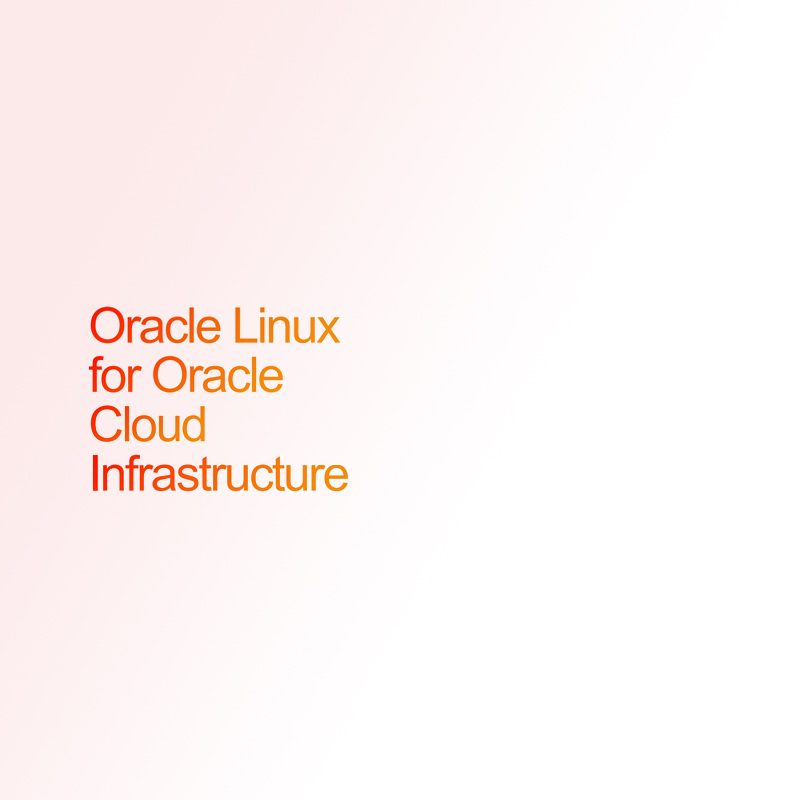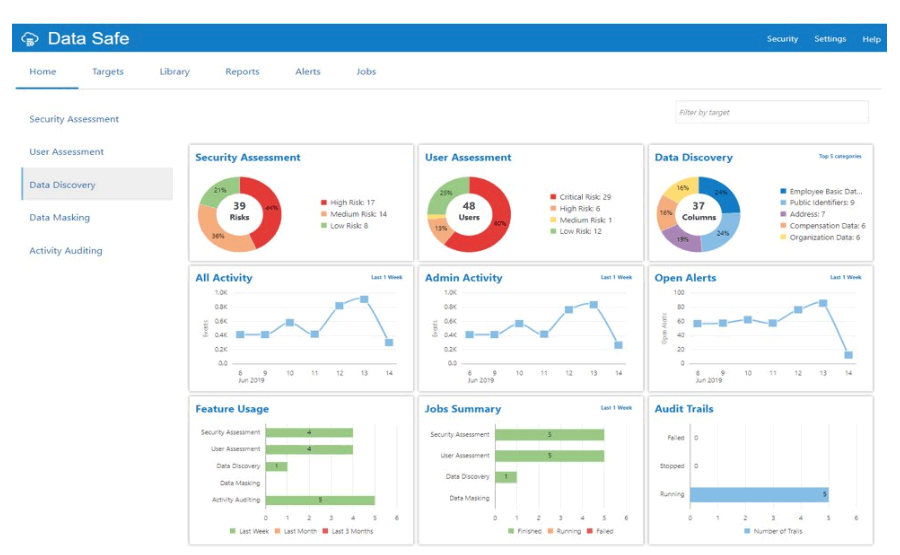
With the world embracing cloud computing and storage, IoT devices and other emerging technology, companies that work with them need resources to meet the demands.
And not just that, they need to also secure them, manage them, do analytics and so forth. To scale up quickly, problems happened in the past. Human errors for example, made what's supposed to be secured, vulnerable, and what should have been easy, difficult.
Oracle, the company that sells database software and technology, cloud engineered systems, and enterprise software products, announced the launch of 'Oracle Autonomous Linux', which is essentially the company's autonomous operating system (PDF).
According to CTO and co-founder of Oracle, Larry Ellison, this operating system is able to provisions itself, scales itself, tunes itself and patches itself while running.
It's a project that has been commencing for 20 years, said Ellison.
Oracle Autonomous Linux is based on Oracle Linux, which powers Oracle Cloud and Oracle Engineered Systems. It promises any Red Hat applications to run on it without any change necessary, Ellison said.
At the same time, he asserted that Oracle Autonomous Linux is designed for "extreme performance, for high reliability, for security... and we're autonomous."
Ellison also promised a "literally instantaneous migration." And because the operating system is free for all Oracle Cloud Infrastructure customers, Ellison suggested that "If you're paying IBM, you can stop."
On top of the operating system, Oracle also introduced Oracle OS Management Service, which is an Oracle Cloud Infrastructure component to monitor and control systems, whether they run Autonomous Linux, Linux or Windows.
The service allows users to automate capabilities to execute common management tasks for Linux systems.
Both Oracle Autonomous Linux and Oracle OS Management Service use machine learning technology. Oracle Autonomous Linux for example, uses AI to offer automatic security updates daily to the Linux kernel and key user space libraries, with no downtime.
So if attackers attempt to exploit a vulnerability that has been patched by Oracle, the Known Exploit Detection can provide automated alerts.
In his keynote, Ellison believes that autonomy and security can work together.
"One simple rule to prevent data theft: Put your data in an autonomous system," said Ellison. "No human error, no data loss."
On the company's blog post announcing this Oracle Autonomous Linux, Julie Wong, the company's Product Management Director, said that:

To leverage security even further, Oracle also announced a series of new security services, including Oracle Data Safe, which is essentially a unified control center for monitoring security issues with data, users and configuration.
In addition to monitoring database activity, Oracle customers can also use it to identify sensitive data and mask databases to minimize or eliminate security risks.
This Oracle Data Safe feature has been made available to all Oracle Database Cloud services.
Other announcements Ellison made during his OpenWorld keynote, include:
- Introducing the Oracle Cloud Free Tier, to allow anyone use Oracle's Autonomous Database and Oracle Cloud Infrastructure for free for an unlimited time.
- Allowing customers to run VMware Cloud Foundation on Oracle Cloud Infrastructure.
- Additions to Oracle's Exadata portfolio, with the availability of Gen 2 Exadata Cloud.
- A number of new or improved AI-driven features to Oracle's cloud applications, including supply chain management (SCM), human capital management (HCM), customer experience (CX) and enterprise resource planning (ERP) tools.
While Oracle may be behind Amazon and Microsoft in terms of cloud infrastructure business, the company is targeting the large market of enterprises by promising on-premise solutions and next-generation cloud businesses that its competitors don't have.
This should give Oracle the competitive advantage, as it expands its reach to other regions.